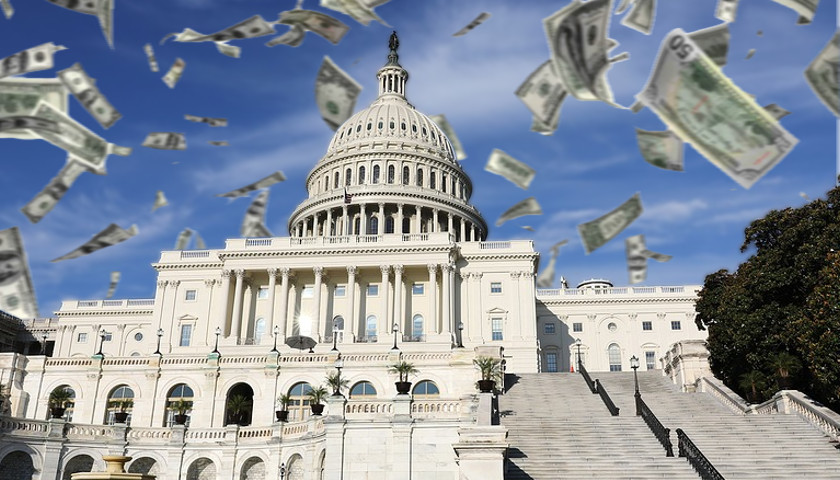by Dan McCaleb
Senate Republicans’ latest COVID-19 stimulus package proposes another round of direct payments to Americans and more enhanced federal unemployment benefits for workers who lose their jobs during coronavirus restrictions.
The $1 trillion package, called the Health, Economic Assistance, Liability Protection, and Schools (HEALS) Act was released Monday afternoon.
If passed by the U.S. Senate and House and signed by President Donald Trump, the direct payment to American workers would be similar to what was provided through the Coronavirus Aid, Relief, and Economic Security (CARES) Act passed in late March: $1,200 for workers making $75,000 or less, with diminished payments to those making more than $75,000 and up to $100,000.
“Just like in March with the CARES Act, Senate Republicans have authored another bold framework to help our nation,” Senate Majority Leader Mitch McConnell said. “So now we need our Democratic colleagues to reprise their part as well.”
The enhanced federal unemployment benefits would be reduced from $600 a week as provided through the CARES Act, a $3 trillion stimulus package passed by Congress in late March, to $200 a week. The CARES Act unemployment benefits expire this week. The federal enhancement would be in addition to state unemployment benefits.
U.S. Treasury Secretary Steve Mnuchin and many Republicans said the $600 in additional weekly benefits discouraged some workers from returning to their jobs because they made more off unemployment.
Senate Republicans’ plan also includes $105 billion more for schools, $16 billion for increased coronavirus testing, additional funding for small business loans from the Paycheck Protection Program that would be forgivable if businesses retain workers, and protections for businesses whose workers contract COVID-19.
Another stimulus package is being negotiated after the Congressional Budget Office reported that June’s federal budget deficit was $864 billion, an amount greater than the entire federal budget deficit for the year of 2018.
– – –
Dan McCaleb is the executive editor of The Center Square.





